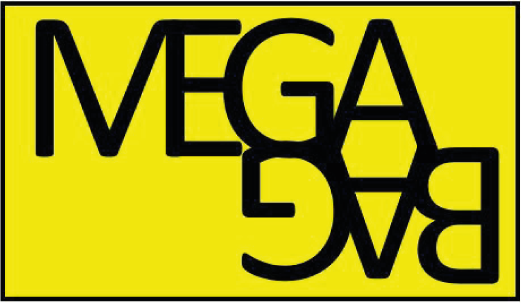Due diligence is a vital method of evaluating a company which is being offered for sale. It covers everything from financial and legal to environmental and operational. Due diligence is required for two kinds of transactions: selling a company and merging or buying another. Each type of transaction has its own set of complications that could add to the duration and the intensity of the process.
Identify Your Needs
Due diligence can uncover a myriad of potential risks that could cause problems in the deal. It is crucial to establish and prioritize your priorities. You should also understand how the due diligence results will affect your deal and the terms you propose. Do they depend heavily on just one or two clients? Do you anticipate churning happening in the future? Asking these questions now will help you set expectations with your vendor ahead of time.
Be prepared to be thorough
Individual buyers are less thorough in their due diligence than corporations. This is due in part to their own personal preferences (e.g. they may be more cautious about risk or more detail-oriented) and partly because of their reliance on professional advisors with their own hourly rate fees to bill. Preparing for the due diligence as early as you could increase the chances of a successful and quick sale.
To streamline communications and eliminate the number of people reviewing information, you should designate one person as the point of contact. This will allow you to avoid delays and ensure all issues are resolved in a timely manner. Additionally, it will help you convince buyers to shorten the due diligence timeframe in the event that you’re organized and ready to start.

